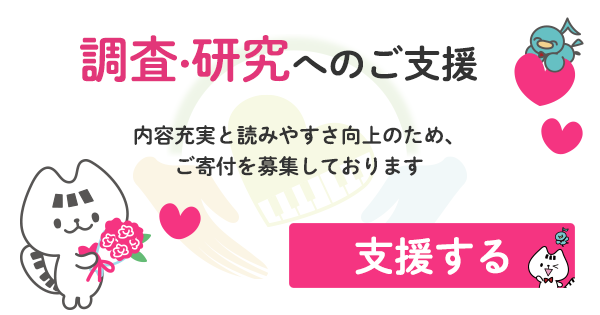Chapter 1 : The first work of piano in Japan

Rentaro Taki (1879~1903) is a famous composer. His most well known songs are "Kojo no tsuki (Moon at a desolate castle)" and "Hana (Flower)". It is said that his piece "Menuetto" (1900) composed in Meiji period is the first piano work made by a Japanese composer. The technique level required to play it is equal to "Menuetto" written by Bach and Mozart. The edition of this piece published by Zen-On piano piece has subtitle "from Japanese taste theme". Certainly this piece seems to have some unique expression. It is a uniquely different variation of the original Menuetto of which Rentaro Taki himself described as "A Japanese Theme"
Rentaro Taki 《Menuetto》 Youtube (2m10s )
With the arrival of Meiji period in 1868, Japanese national isolation policy, which had continued for about 260 years, came to an end, and Japan started to import western cultures. Opening of the nation greatly changed whole Japanese society. Until then, Japanese people had never known any music other than Japanese traditional theater music such as Kabuki and Noh and traditional music for Japanese traditional instruments such as Koto and Shakuhachi. When Western music had newly arrived in Japan, therefore, it fascinated Japanese people as a symbol of modernization. Japanese people firstly become familialized with western music through hymns in church and martial music of military band. Furthermore, the Songbook in compulsory school education encouraged the spread of western music. Western music prevailed more strenuously than traditional music all over Japan.
The Ministry of Education established Japan's first music school named Ongaku torishirabe-gakari (Institute for Musical Inspection) in 1879. This school changed its name to Tokyo Ongaku Gakko (Tokyo Music School) in 1887 and was formed as Tokyo Gei-jutsu Daigaku (Tokyo National University of Fine Arts and Music) in 1949. The Ongaku torishirabe-gakari at first trained music teachers who could promote western music songs in school and after that started special education for players and composers for western music. Rentaro Taki was trained in this institute from 1894 to 1900. He was taught piano and composition by Koeber who introduced "Big Three B--Bach, Beethoven, Brahmus--" into Japan and Nobu Kouda who had studied western music in Boston and Wien.
The aims of establishment of Ongaku torishirabe-gakari were:
1. to unite western music and eastern music into one style and compose new works based on the style,
2. to bring along the talent who can expert in the creation of National Music in the future, and
3. to execute the music education in school throughout Japan.
Although several western songs just putted Japanese lyrics were prevailed as the first step, the principal aim of Ongaku torishirabe-gakari was that composition and prevalence of alternative music created in Japan. Taki as well as other composers was eager to compose original works. As a result, he wrote songs such as "Kojo no tsuki" and "Hana" and composed work of piano "Menuetto."
After composing "Menuetto", he was widely recognized as being ambitious and qualified sufficiently to learn western music. In 1901, Taki was sent to the Leipzig Conservatory (Die staatliche Hochschule fur Musik, Leipzig) by the Ministry of Education. However, he was struck down by illness only in two months and went back to Japan the next year. In 1903, after composing his last piece "Urami (regret)," he died aged only twenty-three. Most his works were written in the German classical and romantic style. But he composed these works with his ambitious to pursue knowledge of western music as a Japanese composer. His attitude toward study of western music was widely come down to posterior Japanese composers after his death.

